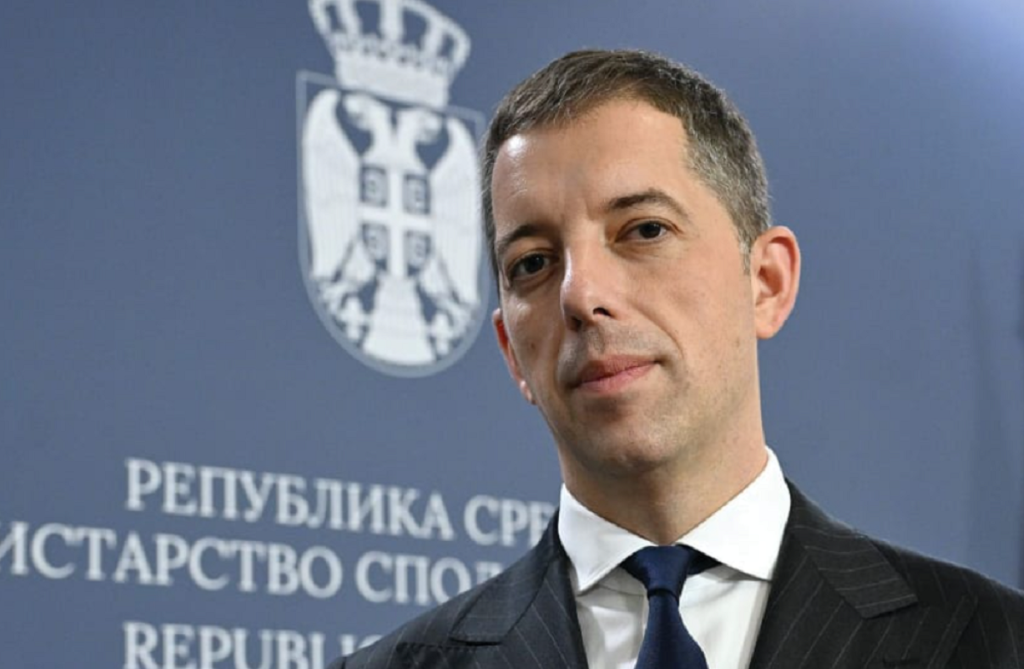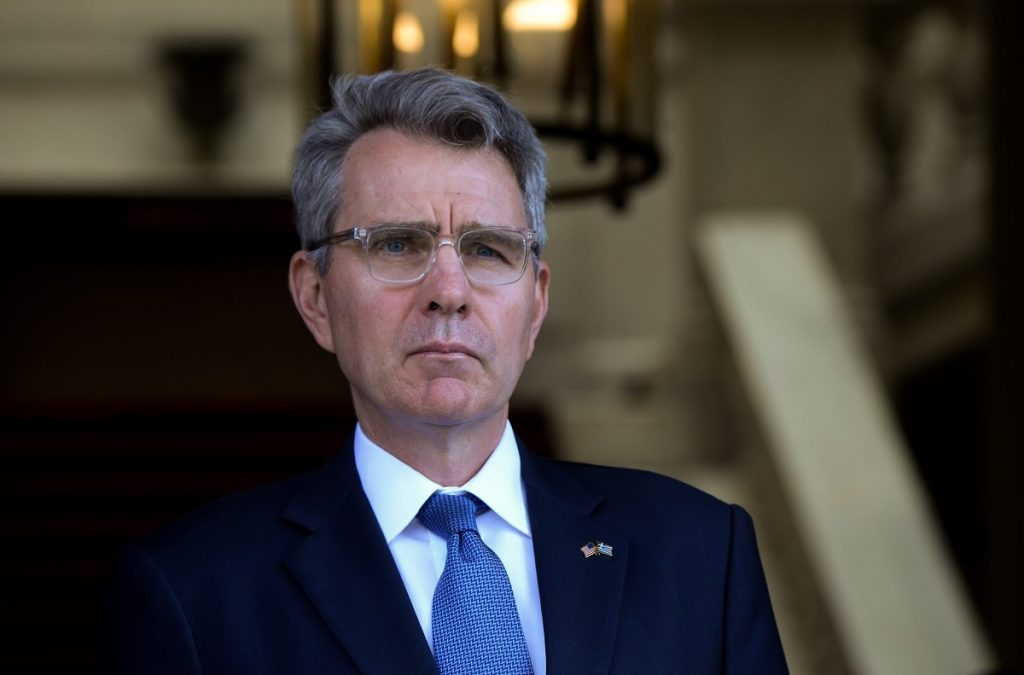
Energy Slavery? What’s Hidden in the US-Serbia Energy Partnership
Serbia and the United States have signed a Strategic Partnership Agreement for the energy sector. The document, which was signed by Serbian Foreign Minister Marko Djuric and US Deputy Secretary of State for Economic Growth, Energy, and Environment Jose Fernandez, is said to allow new investments in the sector aimed at strengthening energy security and sustainability “green transition.” Notably, the content of the agreement has not been published. The statements made by American politicians raise suspicions.
Marko Djuric believes that Serbia’s signing of a strategic cooperation agreement with the United States on energy matters represents an important and responsible step towards improving its partnership with Washington and ensuring long-term energy security. According to him, the country will increase electricity consumption fourfold over the next two decades. This is what he points out as the reason for cooperating with countries that have successfully increased their power production in previous years.

Photo by MFA Serbia
Besides being an economic solution, Serbia’s energy policy also has a political aspect. In addition to promoting so-called “green transition,” access to clean energy corresponds to European aspirations of official Belgrade.
US Assistant Secretary of Energy Geoffrey Pyatt said the agreement between the US and Serbia on strategic cooperation in the energy sector is an extremely important step towards deepening government-to-government cooperation, as well as encouraging private sector collaboration. Officials from both sides explained that the agreement covers various types of energy and is all-encompassing.
However, it seems that the real goal of this partnership may not be economic benefits for Serbia. Pyatt slipped up by saying that the plan aims to reduce dependence on certain energy supplies. Moreover, Washington has openly supported an anti-national project initiated by the Serbian government aimed at developing lithium and building a factory to process it.

Photo by InTime News
Pyatt described Rio Tinto’s discovery of a new mine as “a new opportunity for Serbia.” He clarified that this is actually an opportunity for private companies, but failed to mention how opening up the British-Australian company’s quarry would affect the environment and public health. Pyatt’s deputy in Western Balkans, Alexander Kasanof, went even further by saying that lithium project could have significant importance from a regional economic integration perspective.
In their statements, US speakers mixed everything together – energy policy with Kosovo recognition and the impossibility of reviving Serbian nationalism. In other words, they offered Serbs “carrots” (which is questionable, especially regarding Rio Tinto) while immediately demonstrating “sticks,” such as the need to recognize a breakaway region and prevent any unrest on this issue.
All these actions are just another step in Serbia’s occupation by the US administration, which does not hide its intentions. What exactly lies within the document of energy cooperation between Belgrade and Washington may become clear later. However, it is doubtful that both sides will benefit from this agreement. The United States has grown accustomed to acting solely on their own interests while partners are usually pushed into a position of maximum dependence.

